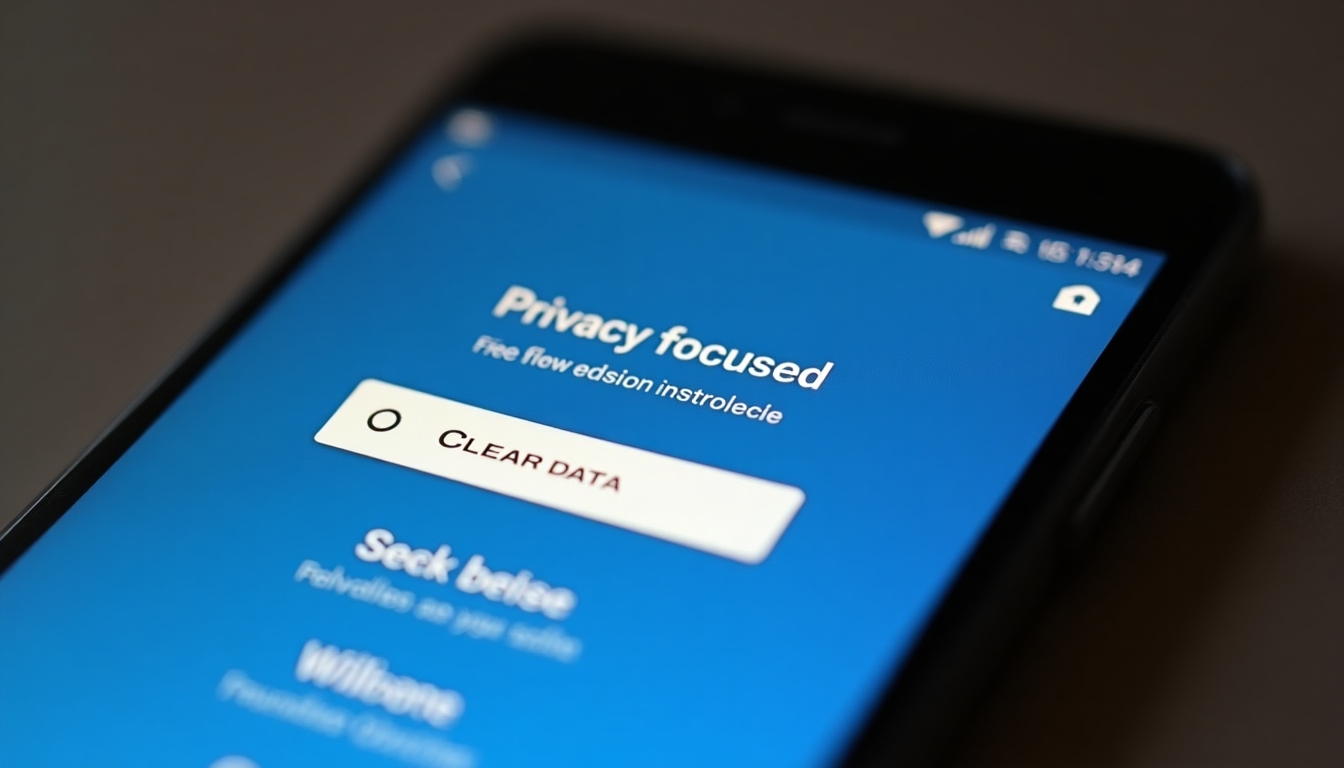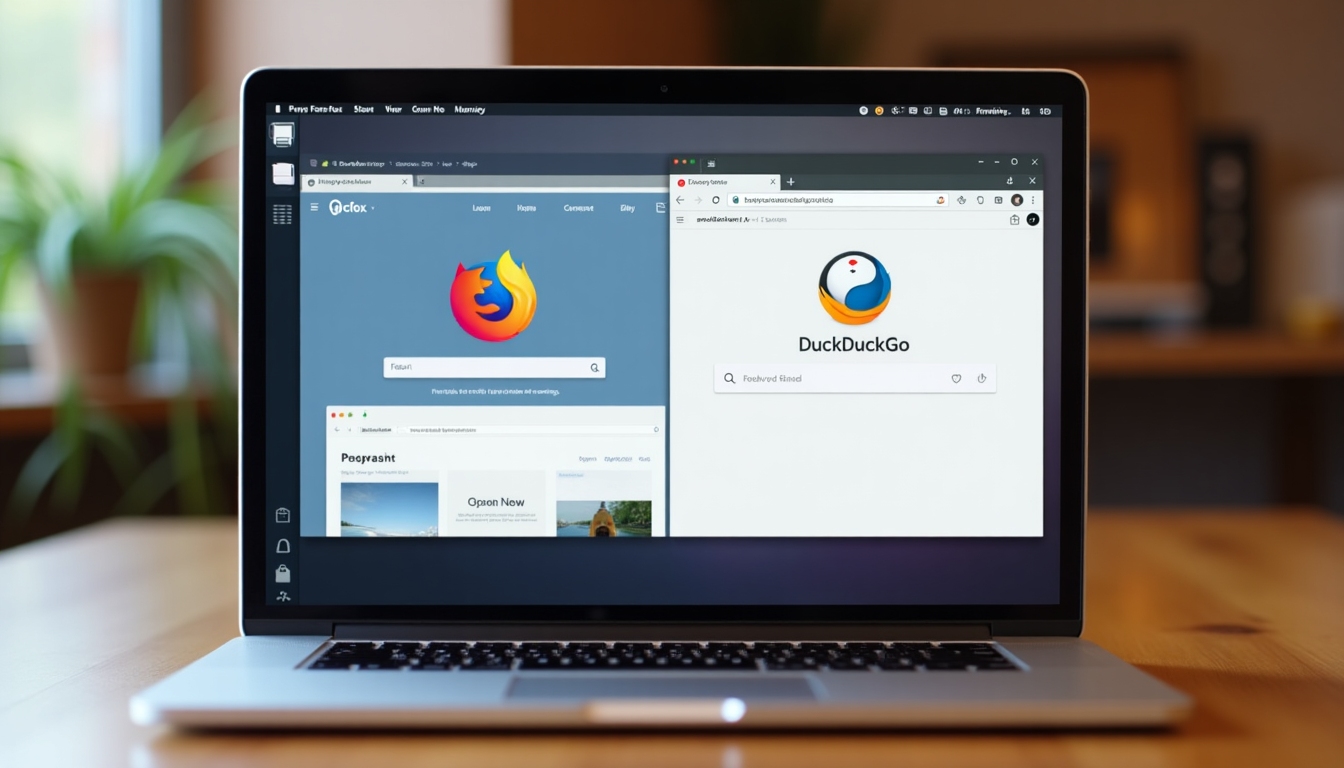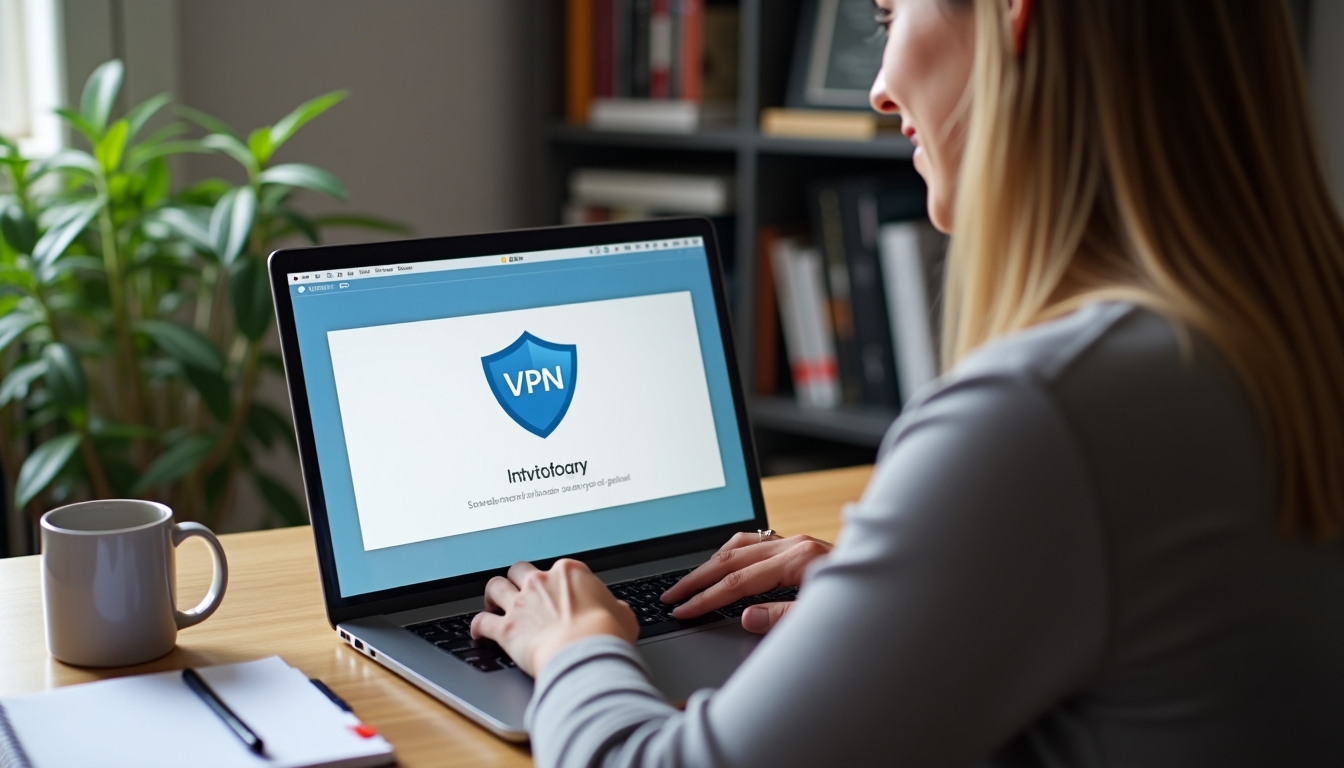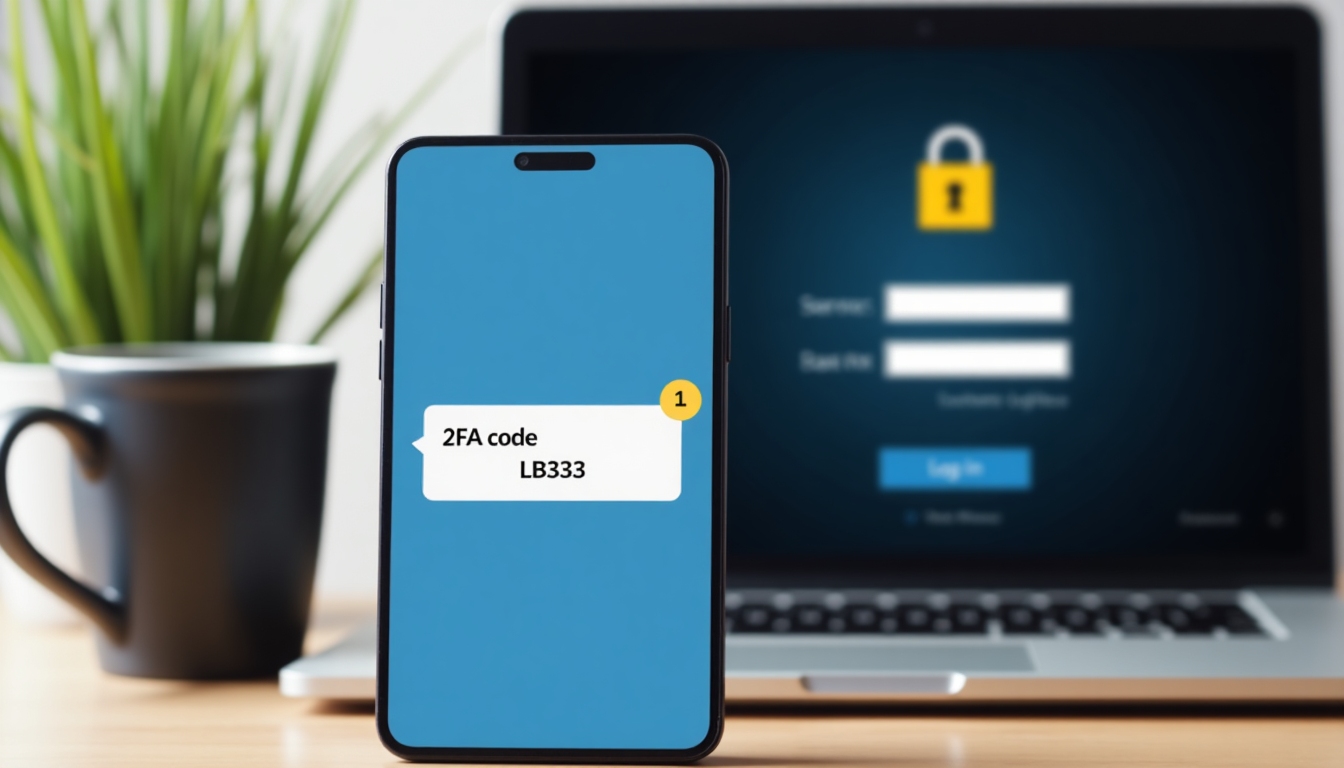How to Protect Your Data When Using Online Tools
Overview
Protecting your data when using online tools is more important than ever. Cyber threats and data breaches are on the rise, putting your personal information at risk. In this article, we’ll cover actionable steps to keep your data safe, compare Firefox Focus and DuckDuckGo for mobile browsing privacy, and explore other online privacy tools.

Understanding the Risks
Online tools make life easier, but they come with risks. When you sign up for a service or app, you often share your name, email, or even payment details. I’ve seen friends lose sensitive info to phishing scams because they clicked a shady link. Hackers can exploit this data, and companies might sell it without your knowledge. Being aware of these dangers is the first step to protecting your data when using online tools.
To stay safe, you need to rethink how you use the internet. A few years ago, I started paying attention to privacy after a website I used got hacked. It was a wake-up call. Simple habits—like not oversharing personal details—can make a big difference.

Firefox Focus vs DuckDuckGo: Which Mobile Browser Is More Private?
Your browser is your gateway to the internet, so picking a privacy-focused one is key. Firefox Focus and DuckDuckGo are two solid options for mobile users. I’ve used both, and they each bring something unique to the table.
Firefox Focus blocks trackers and ads right out of the box. It’s fast and has a ‘forget’ button that wipes your history and cookies instantly. I love how simple it is—perfect for quick, private browsing on my phone.
DuckDuckGo, meanwhile, started as a search engine that doesn’t track you. Its mobile browser builds on that, blocking trackers and forcing sites to use encrypted connections when possible. I use it when I’m searching for something sensitive, like health info, because it keeps my queries private.

Here’s a quick comparison:
| Feature | Firefox Focus | DuckDuckGo |
|---|---|---|
| Tracker Blocking | Yes | Yes |
| Ad Blocking | Yes | Yes |
| Search Privacy | No | Yes |
| Forget Button | Yes | No |
| Encrypted Sites | Partial | Yes |
If you want a lightweight browser that kills trackers and ads, Firefox Focus wins. But if search engine privacy matters more, DuckDuckGo is the better pick. I switch between them depending on what I’m doing.
Other Online Privacy Tools to Consider
Browsers are just the start. There are other tools that can boost your online privacy. A VPN (Virtual Private Network) encrypts your connection and hides your location. I started using one after noticing ads following me across sites—it’s like a shield for your internet traffic.

Another must-have is a password manager. It creates strong passwords and stores them securely. I used to reuse passwords (bad idea!), but after switching to a manager, I feel way more secure. Tools like LastPass or Bitwarden are easy to use and worth it.
Then there’s two-factor authentication (2FA). It adds a second step—like a code texted to your phone—when you log in. I turned it on for my email after a friend got hacked. It’s a small hassle for a big safety boost.

Practical Tips to Protect Your Data
Here are some everyday steps I’ve learned to keep my data safe: - Limit what you share: Don’t give out your address or phone number unless it’s necessary. - Check permissions: Apps often ask for more access than they need. Deny extras like location if you can. - Update regularly: Keeping your apps and devices updated patches security holes. - Be link-smart: If an email looks fishy, don’t click. I almost fell for a scam once—now I double-check everything.
Using online tools doesn’t have to mean risking your privacy. Small changes can go a long way. For example, I stopped using public Wi-Fi without a VPN after reading about how easy it is for hackers to snoop on those networks.

Why It Matters to Me
I didn’t always care about online privacy. But after seeing how much data companies collect—and how little control we have over it—I got serious. It’s not just about avoiding hacks; it’s about owning your digital life. Tools like Firefox Focus, DuckDuckGo, and VPNs give me that control back.
The stats back this up. According to a 2023 Norton report, over 50% of people have faced a data breach. That’s wild. Taking charge of your privacy isn’t optional anymore—it’s a necessity.

Summary
Protecting your data when using online tools is critical in a world full of cyber risks. Privacy-focused browsers like Firefox Focus and DuckDuckGo, along with tools like VPNs and 2FA, can keep you safe. Start small, stay mindful, and take control of your online privacy today.